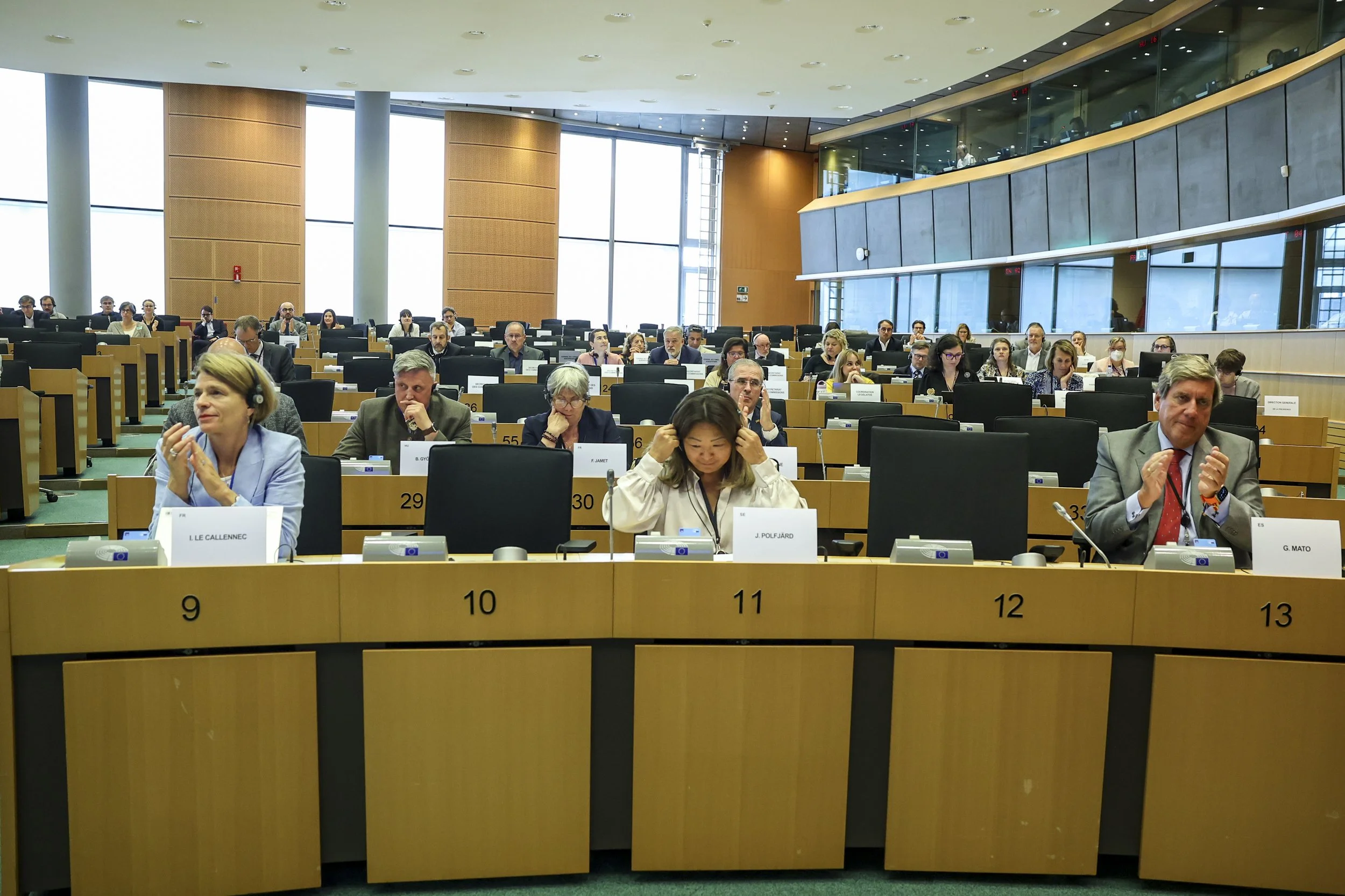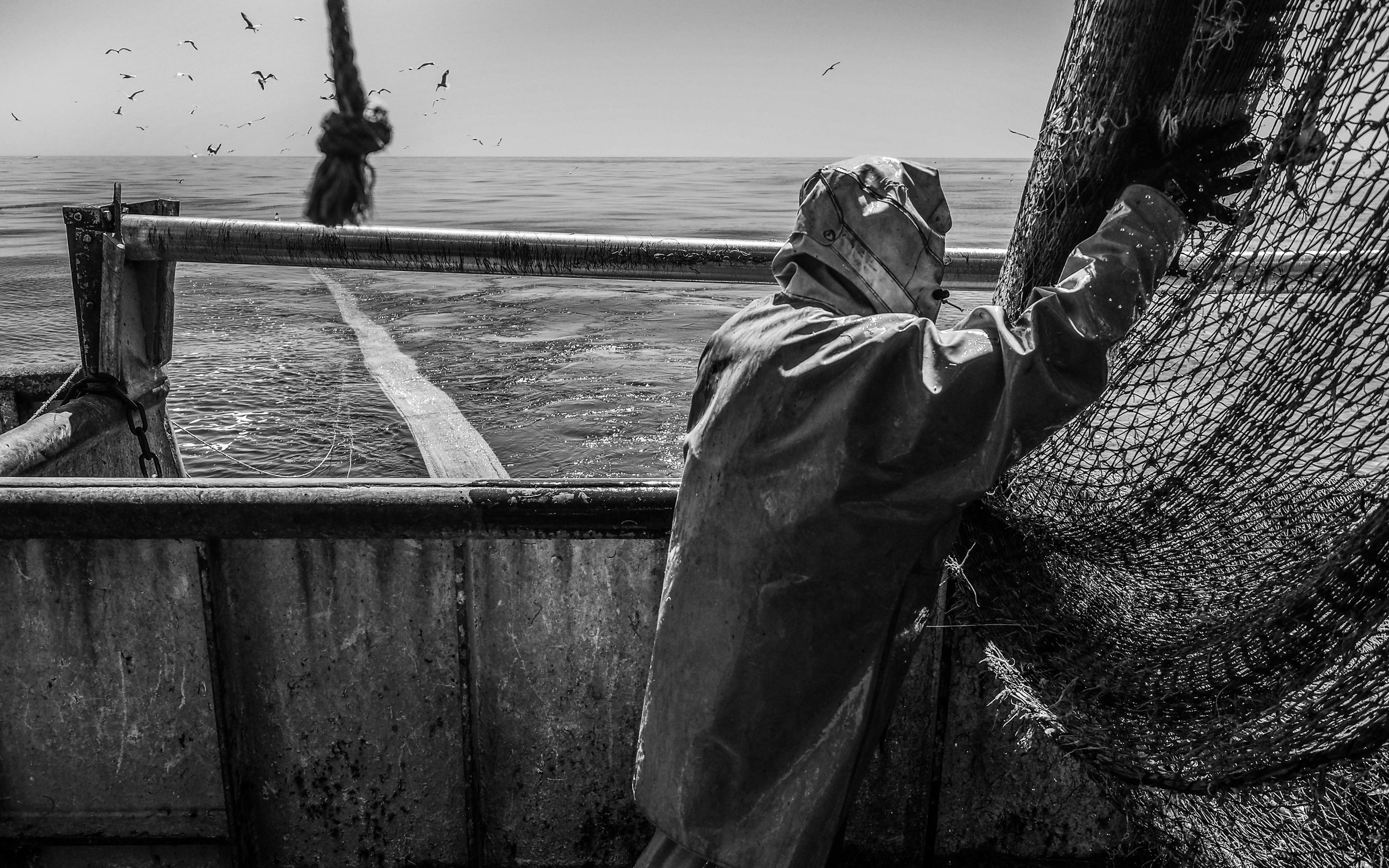On 23 September, a new study was presented during the European Parliament Fisheries Committee, providing an overview of the Common Fisheries Policy and other EU policies having an impact on the sector.
It described the current and future challenges facing fisheries and aquaculture, assessing the strengths and weaknesses of these EU policies in addressing these challenges, and issued some recommendations.
The study devotes a chapter to the CFP tools supporting International Ocean Governance, including Sustainable Fisheries Partnership Agreements (SFPAs); participation in Regional Fisheries Management Organizations (RFMOs) and Regional Fisheries Bodies (RFBs), the EU IUU Regulation (the catch certification scheme and bilateral cooperation with third countries) and EU development interventions, like the PESCAO and ECOFISH projects, and their successors in preparation, the West Africa Sustainable Ocean Programme (WASOP) and the South-West Indian Ocean Programme (SWIOP).
The authors identify three main challenges facing the EU when it comes to supporting improved International Ocean Governance:
an uneven playing field due to the resistance of some nations to adhere to international standards underpinning fisheries governance;
a lack of capacity in developing countries to ratify and/or implement international instruments supporting ocean governance;
the decreasing influence of the EU (Member States) as flag states and its increasing influence as market State, with the EU being the second largest world importer of fisheries products after China.
Amongst their recommendations, the authors of the study highlight the need to support the entry into force of international treaties and conventions, and the ratification of existing instruments, including ILO convention on work in the fishing sector. They also insist on the need to continue to invest in capacity building in developing countries to support implementation of the provisions of international instruments. Finally, they advise to leverage the EU influence as market State to foster international progress towards sustainable fisheries.
In a chapter on blue economy, the study highlights that, similar to what is happening in African countries, there is a displacement of fishing activities due to other sectors of the blue economy, like offshore energy, as well as by the expansion of Marine Protected Areas (MPAs): ‘‘Reducing the area where fishing can operate risks localised overexploitation of resources, gear conflict and higher operating costs, which all lead to reduced profitability. Traditionally the fishing sector has not sought spatial management, preferring the freedom to move as resources move, but the cumulative displacement now being experienced is highlighting the need to secure access rights and to protect key fishing areas”.
During the exchange of views, several MEPs, including Francisco Millán Mon (EPP) and Thomas Bajada (S&D), highlighted that with 70% of fish marketed into the EU being imported, EU fish products have to compete with products from third countries that do not always respect similar standards. They underlined that the same rules should apply to all, stressing that the EU must use all its leverage to ensure third countries progress toward sustainable fisheries.
Isabella Lovin (Greens/EFA) stressed that globally, and also in the EU – in the Baltic Sea – a lot of wild fish is processed into fishmeal which then feeds farmed salmon in Norway – this issue should be addressed in the study when discussing issues facing aquaculture. She also highlighted the need to address the issue of EU operators that reflag their vessels to third countries through joint ventures and chartering: “Beneficial owners are still European; how should Member States act ?”, she questioned. Her colleague Melissa Camara (Greens/EFA) underlined that “there is not enough information of foreign ownership of vessels”.
An author of the study replied to these questions on reflagged vessels that UNCLOS defines the nationality of a vessel by its flag – there isn’t the notion of the beneficial owner being responsible for the activity of the vessel. However, he highlighted that the EU IUU regulation introduces the possibility to sanction EU nationals involved in IUU fishing. The representative of DG Mare also informed that a study on flags of convenience was being undertaken by the European Commission.
Banner photo: © European Union 2024 - Source : EP. Alexis HAULOT







The EU should guarantee rights-based and equitable decision-making processes about ocean uses, ensuring the protection of the most vulnerable facing more powerful blue economy industries. Taking into account the role of artisanal fisheries in food security and poverty eradication in developing countries, the EU should also support SSF and sustainable fisheries management in its ocean partnership with African countries.